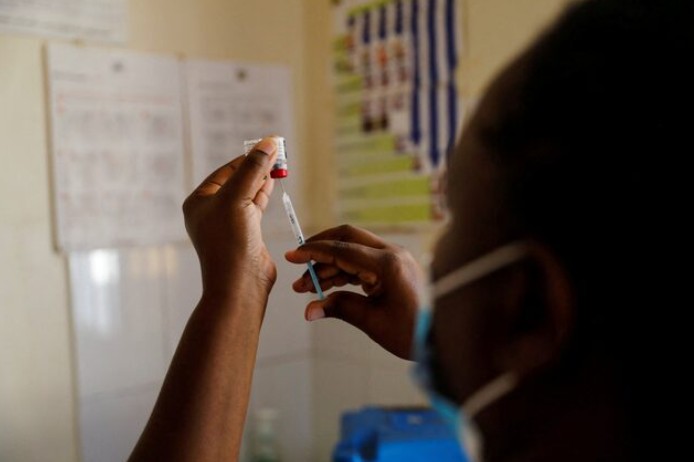Respiratory illnesses, malaria lead hospital visits in Kenya

Chest-related illnesses made up the largest share of cases reported in outpatient departments last year, contributing 30.2 per cent of the total 66.2 million disease cases.
Respiratory illnesses and malaria continue to be the most common reasons for Kenyans visiting hospitals, according to new data released in the Economic Survey 2025.
The report, published by the Kenya National Bureau of Statistics, shows that chest-related illnesses made up the largest share of cases reported in outpatient departments last year, contributing 30.2 per cent of the total 66.2 million disease cases.
More To Read
- Study warns climate shifts could widen malaria risk across Africa
- KEMRI, Health Ministry warn of potential malaria outbreak in Kakamega
- WHO warns global fight against non-communicable diseases is stalling
- KEMRI study finds widely used antiparasitic drug cuts malaria transmission by 26 per cent
- Brace for the chill: Met department warns of freezing nights
- Mombasa begins countywide fumigation to curb Chikungunya outbreak
This marks a rise from 22.4 per cent in 2023.
These conditions include chronic bronchitis, asthma, and other infections affecting the lungs and airways.
Health experts link the rise in respiratory cases to worsening air quality and changing weather conditions across the country.
Malaria followed with 5.7 per cent of total cases, maintaining its status as a major health burden, particularly in regions where it is endemic. The disease remains widespread despite ongoing efforts to reduce infections.
Skin diseases, diarrhoea, and urinary tract infections were also prevalent, each accounting for more than 4 per cent of all hospital visits.
These illnesses continue to affect many households, especially in areas with poor sanitation and limited access to clean water.
Another area of concern was rheumatism and joint-related diseases, which made up 2.6 per cent of the cases.
According to the survey, this rise is linked to population ageing and the physical strain many people experience in their daily work.
Surprisingly, the overall disease burden reported at health facilities dropped by 24.6 per cent compared to the previous year. While this may seem like progress, the report warns that the sharp fall could be due to changes in how Kenyans seek care.
This drop coincided with the launch of the Social Health Authority, which started registering citizens in July 2024 and began its full rollout in October of the same year. The transition may have affected access to services or discouraged some people from seeking hospital treatment.
"Registration of citizens to SHA began on July 1, 2024, while the rollout was from October 1, 2024," the report indicates.
Public health professionals are urging the government to boost investments in preventive health services, with a focus on rural and high-density areas where sanitation challenges and poor access to information continue to drive infections.
The survey also raised eyebrows with the mention of a case of Guinea-worm disease. This parasitic condition, caused by a long, thread-like worm known as Dracunculus medinensis, was thought to have been eradicated in Kenya.
In 2018, the country received certification confirming it was free of Guinea-worm disease, making this latest report unexpected.
Medical experts are now calling for thorough investigations to verify the case and assess the risk of re-emergence, especially in areas previously affected.
Top Stories Today












































